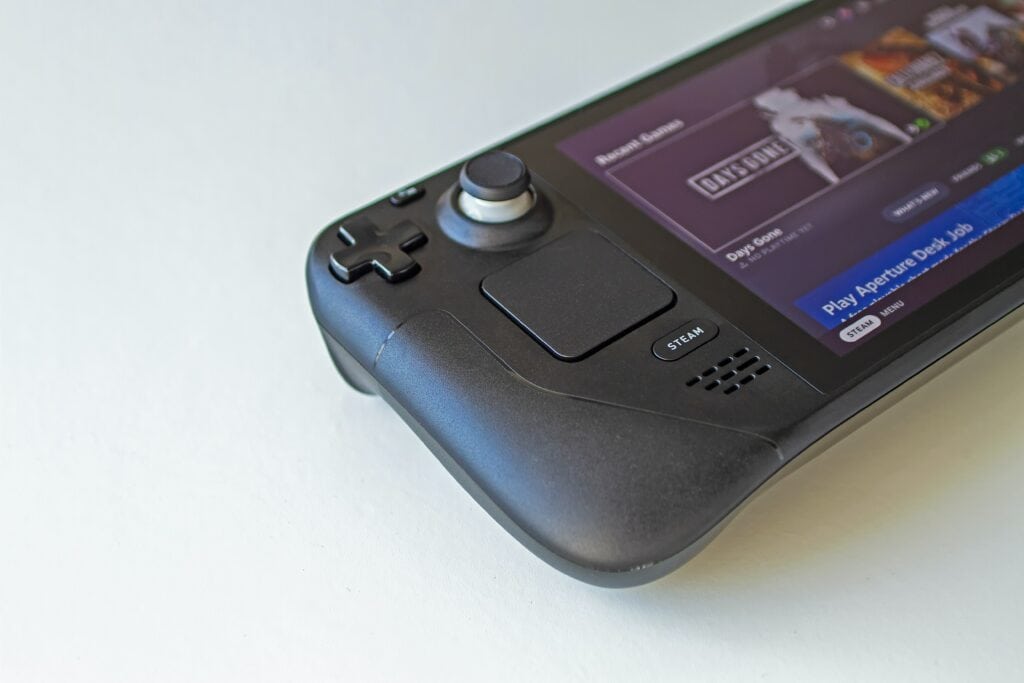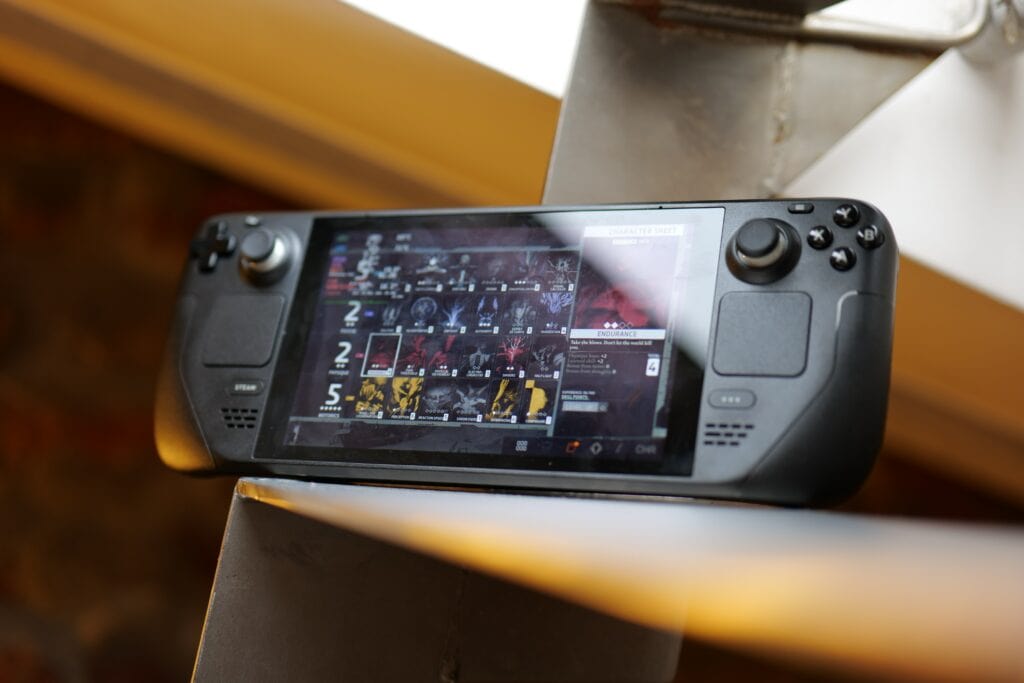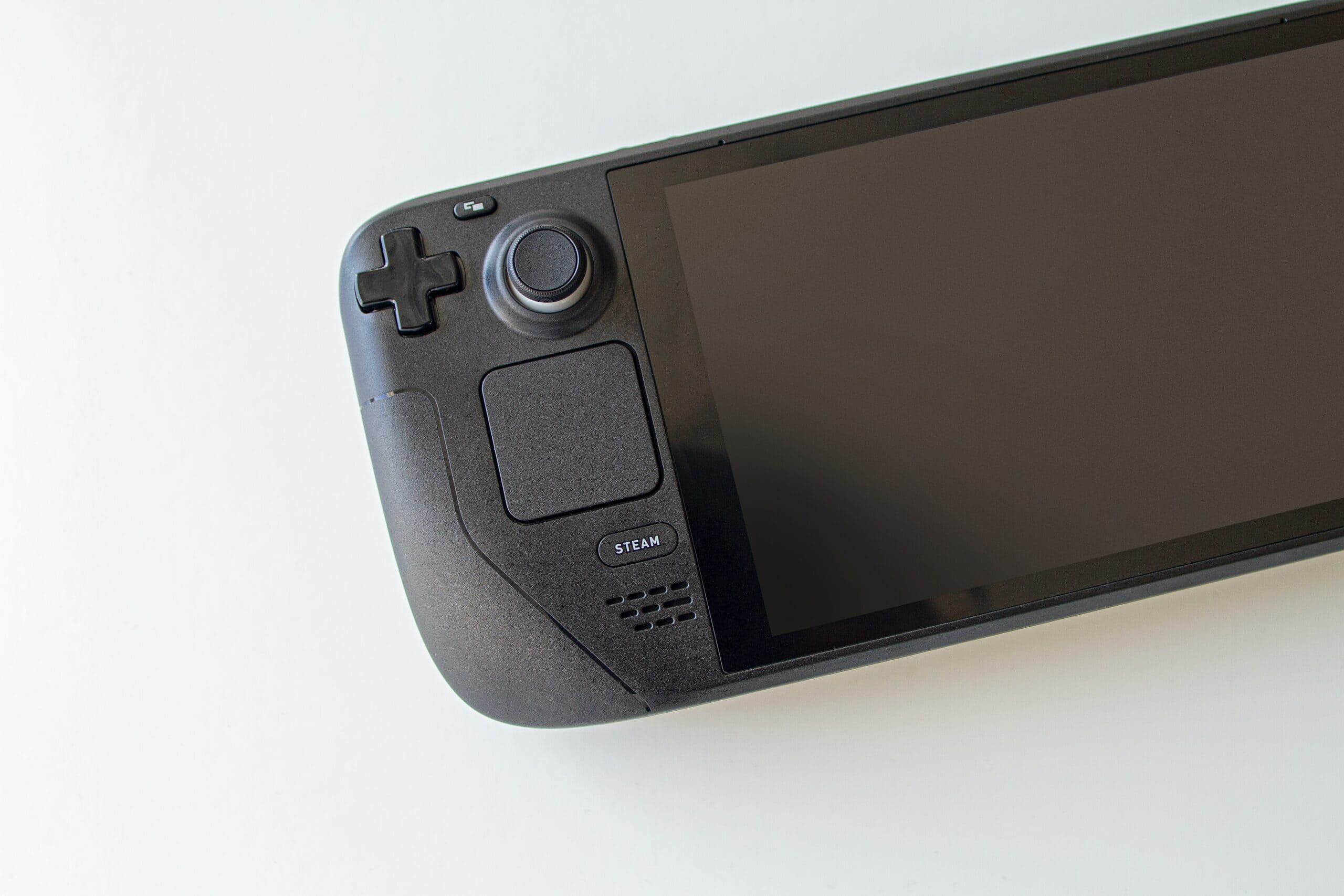The State of Anti-Cheat Software on the Steam Deck
Cheaters have plagued online games for years now. To combat them, game developers use anti-cheat software, and there are many different types of anti-cheat services out there.
The problem is that not many anti-cheat software is compatible with Linux, which is what Steam Deck’s operating system uses. Has the situation changed?
Let’s find out.
Why Anti-Cheat Software is Important
Anti-cheat software is important for online games because it keeps the game fair for everyone. In esports games, cheaters can use aim or wall hacks that make the user unstoppable. There’s no skill involved when using cheats.
When cheaters are left unchecked, they can quickly ruin the game for regular players because it’s not fun to go up against a cheater. Even worse, there have been many cases where participants of esports competitions were caught cheating red-handed.
One famous case of a cheater in an esports competition is the player known as “Forsaken” who was caught using an aim-bot in a 2018 CS GO tournament.
Is Anti-Cheat Supported on the Steam Deck?

Yes. Easy Anti Cheat (EAC) and Battleye support Proton and are compatible with the Steam Deck.
When the Steam Deck was announced, many gamers assumed it would not be compatible with the multiplayer games that use anti-cheat services. For a time, that was the case. The reason being Steam Deck’s operating system runs on a modified version of Linux called Proton and most anti-cheat services can’t run on Proton.
Proton is a compatibility layer designed by Valve which is based on Wine. Proton allows Windows games to run on Linux-based Steam OS. Essentially, Proton emulates Windows by using several libraries, dependencies, APIs, and other techniques, to run games originally designed for Windows. It’s the technology Steam Deck uses to make 90% of the Steam Library playable.
The problem is most anti-cheat software does not support Proton because it’s a totally different architecture than Windows. Since the majority of gamers use Windows, most anti-cheat companies have not designed Linux or Proton-compatible versions of their anti-cheat software.
What is Kernel Level?
Most anti-cheats use kernel-level drivers to detect suspicious software or changes to your system. To understand why some anti-cheat services won’t work with Proton (Steam Deck) you need to know about the kernel level.
On Windows, the kernel level is the lowest level of a system and it’s responsible for managing the hardware and processes of your system. It’s also known as Ring 0, Kernel Mode, or Root level. It’s loaded right after the boot sequence, before drivers and system files. You can think of the kernel level as the base foundation of your system’s software that everything relies on.
One example of a kernel-level anti-cheat is Valorant’s Vanguard which requires a full system reboot to open the game. There has been some controversy about kernel-level anti-cheats because they have full control over your hardware, and if they corrupt the kernel, your system will be bricked.
Linux also has a kernel but it’s not the same as Windows and different permissions are required. Steam’s Proton cannot emulate the kernel level used by Windows. Most anti-cheats that use kernel level are not compatible with the Steam Deck.
Proton is Now Compatible with Easy Anti-Cheat and BattlEye
The good news is Steam has been working to make Proton compatible with anti-cheat software. The two largest anti-cheat services, Easy Anti Cheat and BattleEye, are now compatible with Proton. However, while the core services are compatible, it’s still up to the developers to update their game builds to include Proton support.
Steam has made an easy guide for developers to make their games compatible with supported anti-cheat services. It’s very simple and only requires enabling Linux and adding one file to the game directory, no need to recompile the game files.
On that note, certain games like Destiny 2, which use BattleEye and should be compatible with the Steam Deck, are not supported because the developers have chosen not to enable Linux support. According to their support page, Destiny 2 is not supported on Steam Deck’s Proton unless you create a Win 11 bootable SD card for Steam Deck and run games through Windows.
Games & Anti-Cheats Compatible with Steam Deck

Same as before, other anti-cheats are compatible with Proton, but it’s up to the developers to update their version of the anti-cheat. Below is a list of games and their anti-cheats that are compatible.
- Apex Legends – EAC
- Elden Ring – EAC
- War Thunder – EAC
- Fall Guys – EAC
- ARK Survival Evolved – BattlEye
- Rust – EAC
- Rocket League – EAC
- Day Z – BattlEye
- Phantasy Star Online 2 – nProtect GameGuard
- Splitgate – EQU8
- Team Fortress 2 – VAC
- CS GO – VAC
Games That are Not Compatible with Steam Deck
Some game developers flat-out refused to make their anti-cheats compatible with Steam Deck’s Proton.
Below are a few examples.
- Fortnite (BattlEye, Hyperion, EAC)
- Destiny 2 (EAC)
- Hunt: Showdown (EAC)
- CS GO via FACEIT
- Intruder (EAC)
- Warzone (Ricochet)
Halo Masterchief Collection which uses EAC and is in the planned stages to support Proton.
How to Bypass Anti-Cheat Software on Steam Deck
If you want to play a game on the Steam Deck but the anti-cheat is not compatible, one way to bypass the restrictions is to install Windows on the Steam Deck.
When running Windows on the Steam Deck, most games will work but you will need to play around with configuration files. Steam Deck allows you to boot Windows from an SD card and you can also dual-boot.
List of Anti-Cheat Software & Proton
- EQU8 (client supports Proton)
- FaceIT (does not support Proton)
- nProtect GameGuard (client supports Proton)
- PunkBuster (client supported)
- Ricochet (not supported)
- XIGNCODE3 (client supported)
Conclusion
When the Steam Deck first launched, the built-in anti-cheat software on lots of games was blocking the games from running properly on the device. Thanks to Valve working with anti-cheat companies, now most online multiplayer games can run on the Steam Deck without issues.
Valve is still continuously working to improve Proton to be compatible with even more anti-cheat software. To take a look at which games are verified to run (including their anti-cheats), visit Steam Deck’s verified page.



Leave a Reply